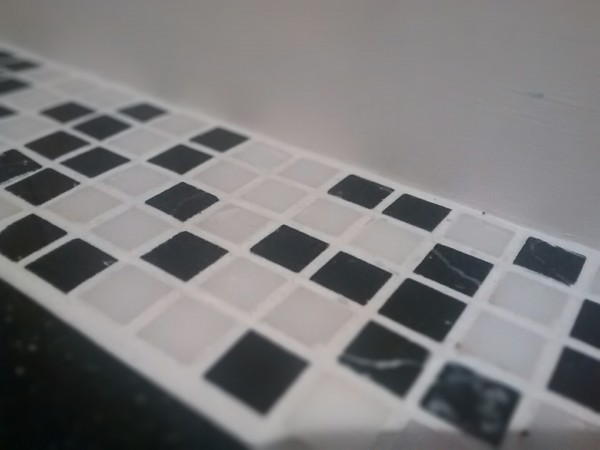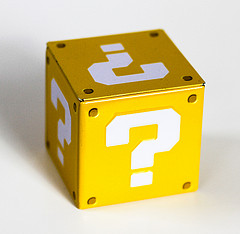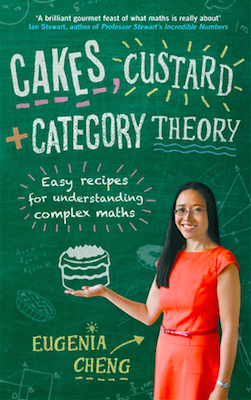
Snowflake Seashell Star is a new mathematical colouring book, by Alex Bellos and Edmund Harriss, aimed at the lucrative ‘grown-up colouring books’ market that’s sprung up recently, heavily intersected with people who are interested in maths – the book can be used as a regular colouring book, but contains lots of interesting mathematical things, and mathematicians will love it. I wouldn’t have expected anything less from maths adventurer Bellos and mathematical artist and tiling fan Harriss, whose personalities both come through in the book – from the beautiful illustration to the playful style (and there’s a sneaky Harriss Spiral in there too).
The first thing I did in order to properly review the book was check an important mathematical fact, in case anyone was worried. And yes, everything in it is colourable using four colours or fewer. Phew.



